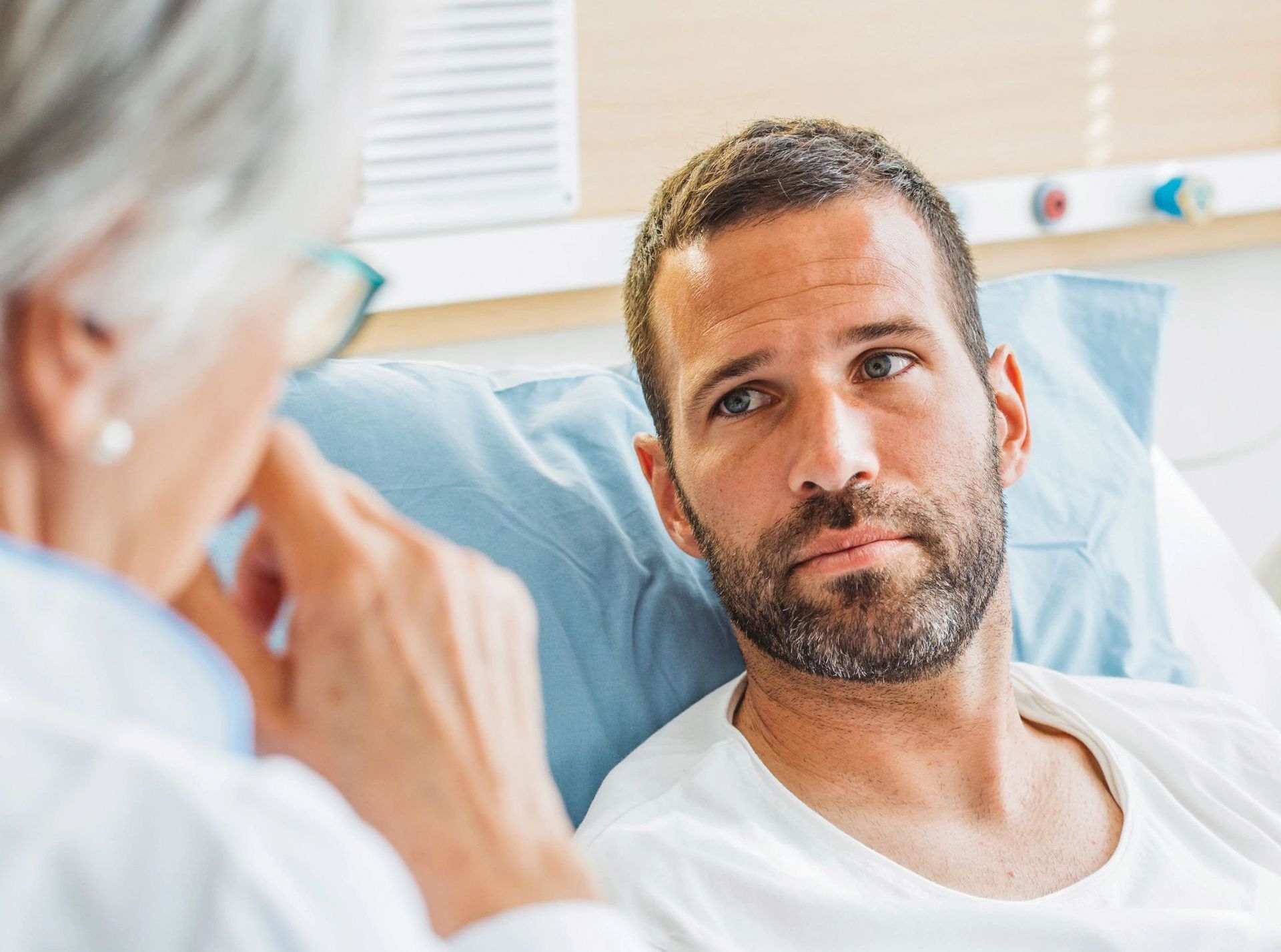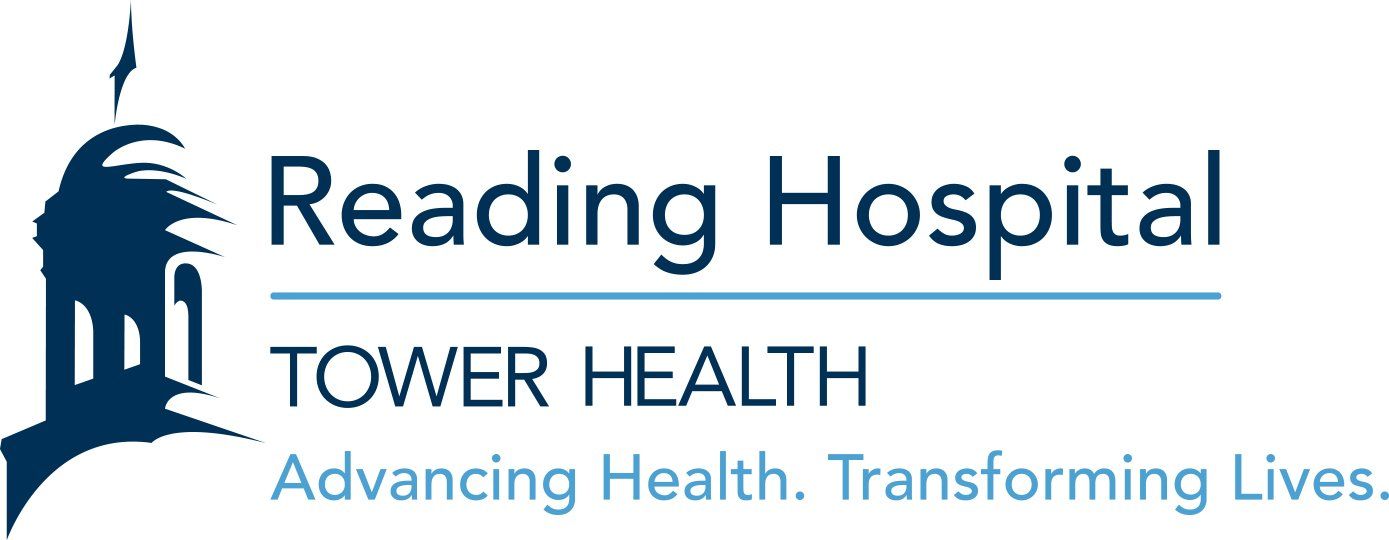Opioid Pain Medicines

Know the Risks and Tips for Safe Use
Opioids are medications that help relieve pain. They affect your brain by blocking or reducing pain signals and interacting with its reward system. They’re available legally as prescription pain medications like hydrocodone and oxycodone, and illegally as heroin.
Prescription opioids can be very addictive and dangerous if they’re not used properly. Your body makes its own opioids, called endorphins. Using opioids over time can cause your body to stop making its own and become dependent on the opioids you take. This dependence causes withdrawal when you try to stop using them. You can also develop tolerance to opioids over time. This means you have to keep taking more and more of them to get the same feeling.
Side Effects
You can experience side effects from prescription opioids, even when you take them as directed by your doctor. Opioid pain medications can cause:
- Constipation
- Nausea, vomiting, and dry mouth
- Confusion
- Depression
- Fatigue and dizziness
- Itching and sweating
Long-term use can lead to side effects like:
- Tolerance
- Dependence
- Increased sensitivity to pain
- Addiction
- Overdose
Safe Use
If you’re prescribed an opioid pain medication during your hospital stay, be sure you know the possible risks. Talk to your doctor about safe use, and remember the following tips:
- Take opioid pain medications exactly as prescribed.
- Make a plan with your doctor that covers your questions and concerns, when you need to follow up with him or her and other ways to manage pain.
- Don’t drink alcohol while you’re taking opioid pain medications, and ask your doctor for a list of medications to avoid.
- Never share your opioid pain medications, and never use another person’s.
- Store your prescriptions in a secure place that others can’t access.
- Throw away any leftover pills safely—to find out how, visit fda.gov and search "drug disposal."
If you or someone you know may be struggling with addiction, don’t wait to get help. Call 1- 800-662-HELP or visit samhsa.gov/find-help.
Speak Up!
If you don’t want opioid pain medication during your hospital stay, tell your doctor or nurse. You can ask a loved one to speak with hospital staff too.
Babies Affected
Opioids are especially harmful to babies. Using opioid pain medications incorrectly during pregnancy can lead to the baby having a low birth weight, trouble sleeping, trouble eating and tremors (uncontrollable shaking). As they get older, they also may have a harder time learning and behaving.
